2024: Year in Review Published
To learn about what The Order has accomplished in 2024, check out the recently published 2024: Year in Review.
To learn about what The Order has accomplished in 2024, check out the recently published 2024: Year in Review.
The Order has announced the Finalists being considered for the second cohort of Good Death Fellows to find the next generation of innovative leaders finding solutions to address social and systemic problems in death. The first cohort included individuals and organizations with bold ideas on how to create a more sustainable, equitable, and meaningful end-of-life. The 2022 Fellows included:
The fellowship application process was extremely competitive this year and the 18 finalists’ work reflects the exemplary quality present in so many of the applications. Projects range from eco-friendly disposition methods to immersive art exhibits, to innovative research and resources. Learn more about the projects on Fellows Finalists 2024.
The Order acknowledges that the way our society handles death and dying is broken in many ways. The Order focuses on creative solutions to remedying these problems by recognizing that everyone can make a difference, and that communities are best served by those who are active participants in them. The Order wants to invest in individuals, ideas, and communities, by providing them with the tools, funding and support to make a difference. “Over a decade ago The Order was founded as a collective of individuals-thinkers, artists, inventors, and funeral industry innovators-whose work explored ways to reframe what was possible at the end-of-life, and help our society cultivate a healthier relationship with death. The Good Death fellowship continues this legacy by supporting the next generation of death positive leaders creating a better life and death for us all” says Sarah Chavez, Executive Director of The Order of the Good Death.
To learn more or apply, check out The Order’s Fellowship page.
September 2024
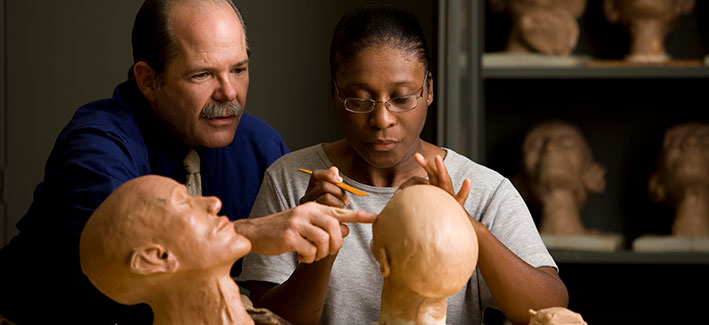
In 2020 The Order of the Good Death partnered with the Community College of Baltimore County to create the Henrietta Duterte Endowment Fund to provide funding for Black women to study Mortuary Science.
The 2022 Henrietta Duterte Scholarship was awarded to Jules Tetlow, a student in CCBC’s Mortuary Science Program, who is currently working as an apprentice at West Haven Funeral Home in Maryland. Tetlow is passionate about building her skills in extreme restoration and reconstruction work saying, “Everyone deserves to say goodbye to their loved ones and if I can be there to help guide those who have been left behind, my life will always be fulfilled.” Tetlow will be honored at a reception at CCBC.
April 2023-2024
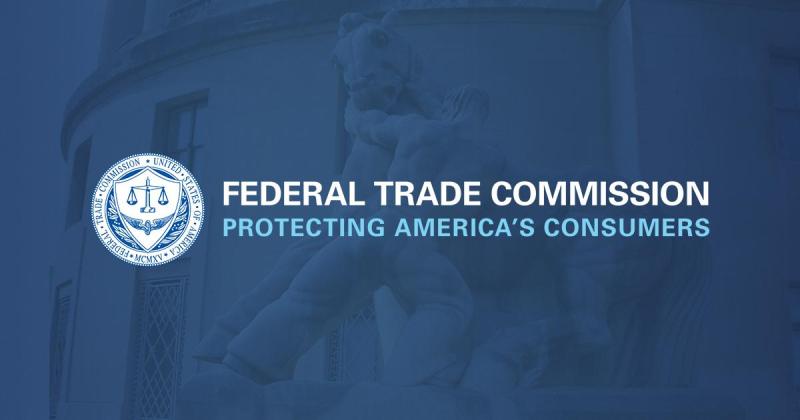
The Federal Trade Commission hosted a panel featuring leading funeral industry experts regarding their proposed updates to the Funeral Rule on September 7, 2023. The Rule, a regulation that protects consumers purchasing funeral goods and services, has gone unchanged since its creation in the 1980s. Proposed changes regarding requiring funeral homes to provide pricing on websites, clarifying language about embalming, and whether to include “new” forms of disposition such as green burial, aquamation, and human composting.
Order Executive and funeral consumer advocate, Sarah Chavez, spoke about this historic piece of regulation alongside fellow Founding Order Members, Katrina Spade of Recompose, and Tanya Marsh from Wake Forest University School of Law.
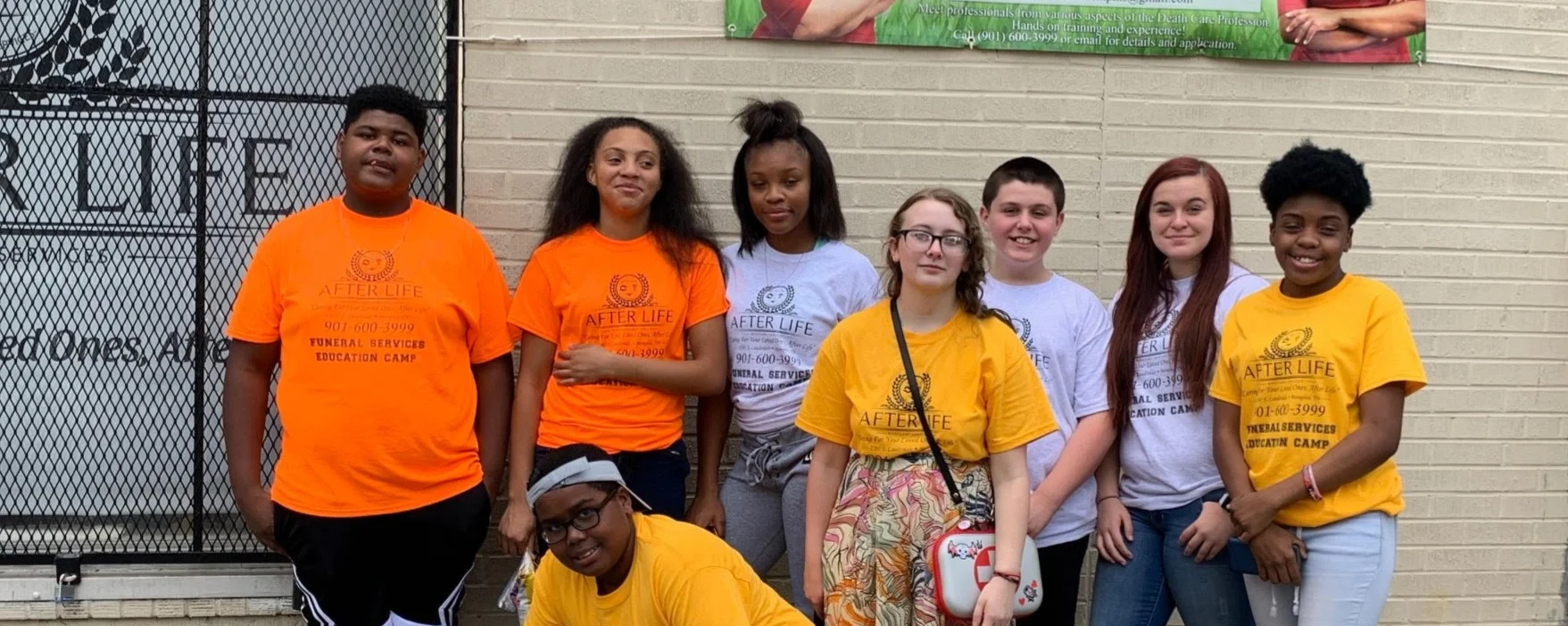
Funeral home, After Life Mortuary Services, has created a unique and one-of-a-kind summer camp program for students in Tennessee, the Funeral Services Education Camp. This camp program for kids ages 13-17 provides young people interested in the funeral and death care industry with opportunities to learn through hands-on experiences, field trips, and workshops with a wide array of experts like embalmers, forensics experts, funeral directors and crematory operators. The Order has covered the tuition for one student to attend camp this summer.
This program not only provides kids with a death positive education, but also addresses the critical funeral director shortage in the U.S.
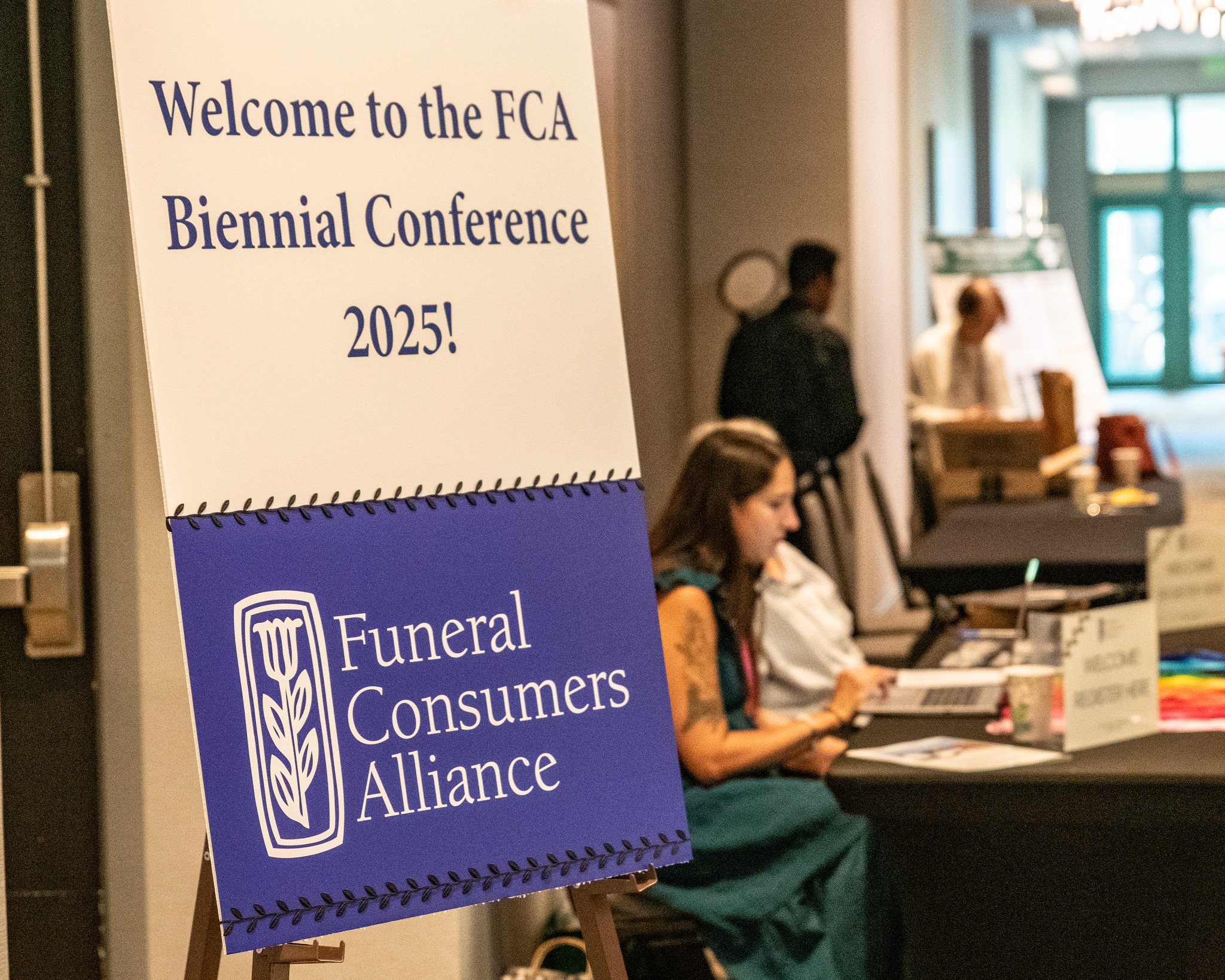
In June leading experts and funeral consumer advocates gathered in North Carolina for the Funeral Consumers Alliance Conference to examine issues surrounding funeral poverty and solutions toward making deathcare more affordable and accessible. Presenters included Liz Dunnebake, from Good death Fellows Wake and the Equitable Disposition Alliance, Miranda Panther a NAGPRA Officer, from Eastern Band of Cherokee Indians, Pamela Prickett, co-author of The Unclaimed: Abandonment and Hope in the City of Angels, and The Order’s Director, Sarah Chavez. who gave a talk on addressing funeral poverty through organizing and community care.

In December 2023, it was announced that the Ernest Becker Foundation will close its doors, but the legacy of Ernest Becker’s work will continue as part of the International Society for the Science of Existential Psychology.
In an effort to extend Becker’s legacy further, EBF’s Board of Trustees has gifted their remaining assets to several organizations whose work they believe advances that of Becker’s, including The Order of the Good Death, Morbid Anatomy, founded by Founding Order Member Joanna Ebenstein, and Death Cafe.
Ernest Becker was “an American cultural anthropologist and interdisciplinary thinker and writer. He wrote several books on human motivation and behavior, most notably the 1974 Pulitzer Prize-winning work, The Denial of Death. In it, he argues that “the basic motivation for human behavior is our biological need to control our basic anxiety, to deny the terror of death.” (Keen 1973). Becker suggested that a significant function of culture is to provide successful ways to engage in death denial.” Becker’s work deeply informs the foundation of The Order’s work and mission, and continues to profoundly influence the Death Positive Movement.
January 2024
The Order has launched a community outreach and education program spanning the U.S. and Canada. Volunteers work together to research end-of-life rights and options in their geographic location and then host free public events to educate their communities. Attendees learn about consumer rights, emerging sustainable choices like aquamation and composting, and more.
This volunteer effort is intended to reach small communities to offer education and resources that community members may not know about or otherwise know how to access. If you are interested in learning more, please visit the volunteer page.
April 2024-ongoing
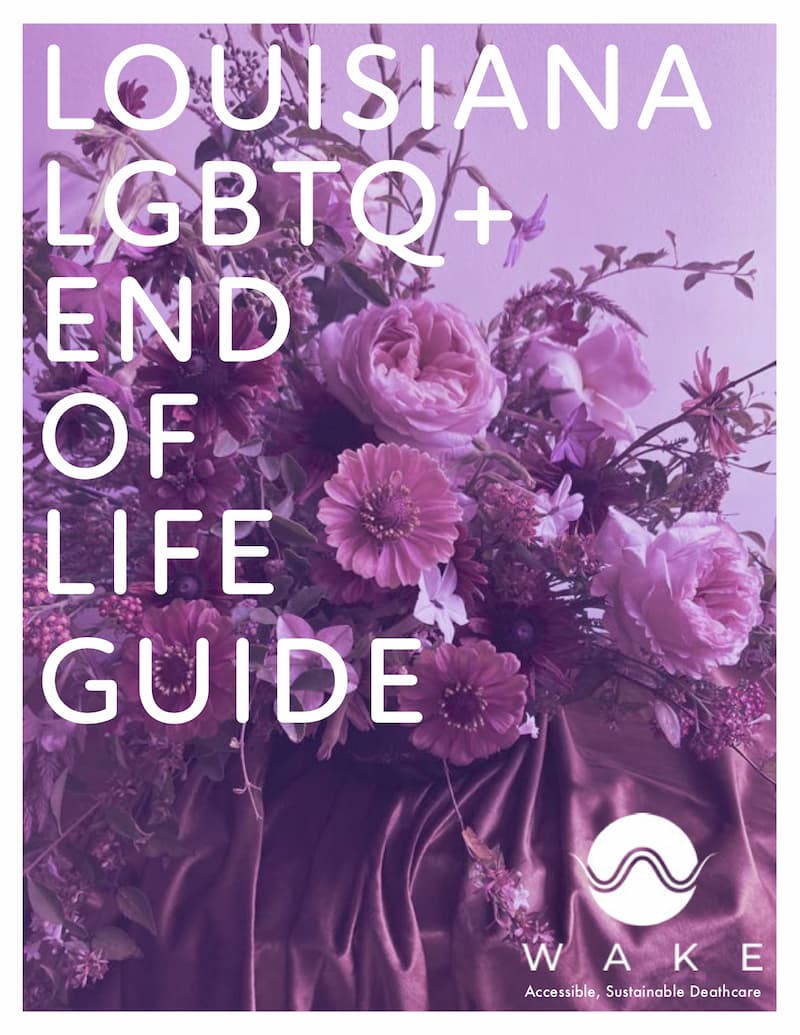
The Order is creating comprehensive LGBTQ+ end-of-life planning guides for every U.S. state. Our end-of-life experiences are as unique and varied as our lives, often reflecting the same challenges we experience in life. As a result, people in the LGBTQ+ community often have their own unique set of needs at the end-of life, placing them at a higher risk for discrimination and disenfranchisement.
To address these gaps the Order of the Good Death is partnering with Ezra Salter, funeral director and creator of Wake’s Louisiana LGBTQ+ End-of-Life Guide, to create inclusive guides for all U.S. states. It is The Order’s intention that the series of guides will empower LGBTQ+ people and the people who care about them, to make informed choices about their own, or a loved one’s, end-of-life care.
January 2024

Second year med students at Kaiser School of Medicine spent an immersive week dedicated to Sharing Grief and Honoring Loss as part of their REACH Course (Reflection, Education, Assessment, Coaching, Health and Wellbeing) program, which focuses on the “being” part of the physician–as opposed to the “knowing” and “doing” part. REACH aims to helping students navigate the personal and professional values and identity in becoming a physician.
During the week students explored the topics of death, dying in grief through personal exploration, an expert led discussion panel that included The Order, studied end-of-life wishes, and reflected on memento mori through the arts, among other activities.
February 2024 and 2025

Death is an important part of life, and yet it is one of the hardest things to talk about—for adults as well as children. The Order’s own Sarah Chavez has created a book to spark wonder and curiosity about dying, instead of fear and shame. Full of practical tips, We Need To Talk About Death: An IMPORTANT Book About Grief Celebrations, and Love won’t stop the pain of losing a loved one or a pet, but it may give young readers ideas for different ways they can celebrate those who have passed away, and help begin the healing process. We Need to Talk About Death was featured in The Guardian as one of the best new picture books for children in 2024.
Beautifully illustrated by Annika Le Large.
Take a look inside We Need to Talk About Death, find links to order, or find at your local bookstore.
March 2024

The Wake Forest Law Review 2024 Spring Symposium brought together leaders in the death-care industry, academics and reformers to discuss key issues facing death care in America. Order Founder, Caitlin Doughty provided the symposium’s keynote which focused on funeral industry licensure.
Over the course of a day, speakers shared their perspectives on what faces funeral service now and what it means for the future, including the Funeral Rule, new disposition methods, and licensure of funeral directors. Founding Order Members Katrina Spade and Tanya Marsh also spoke at the event.
Video of the event is available to view on YouTube.
March 2024
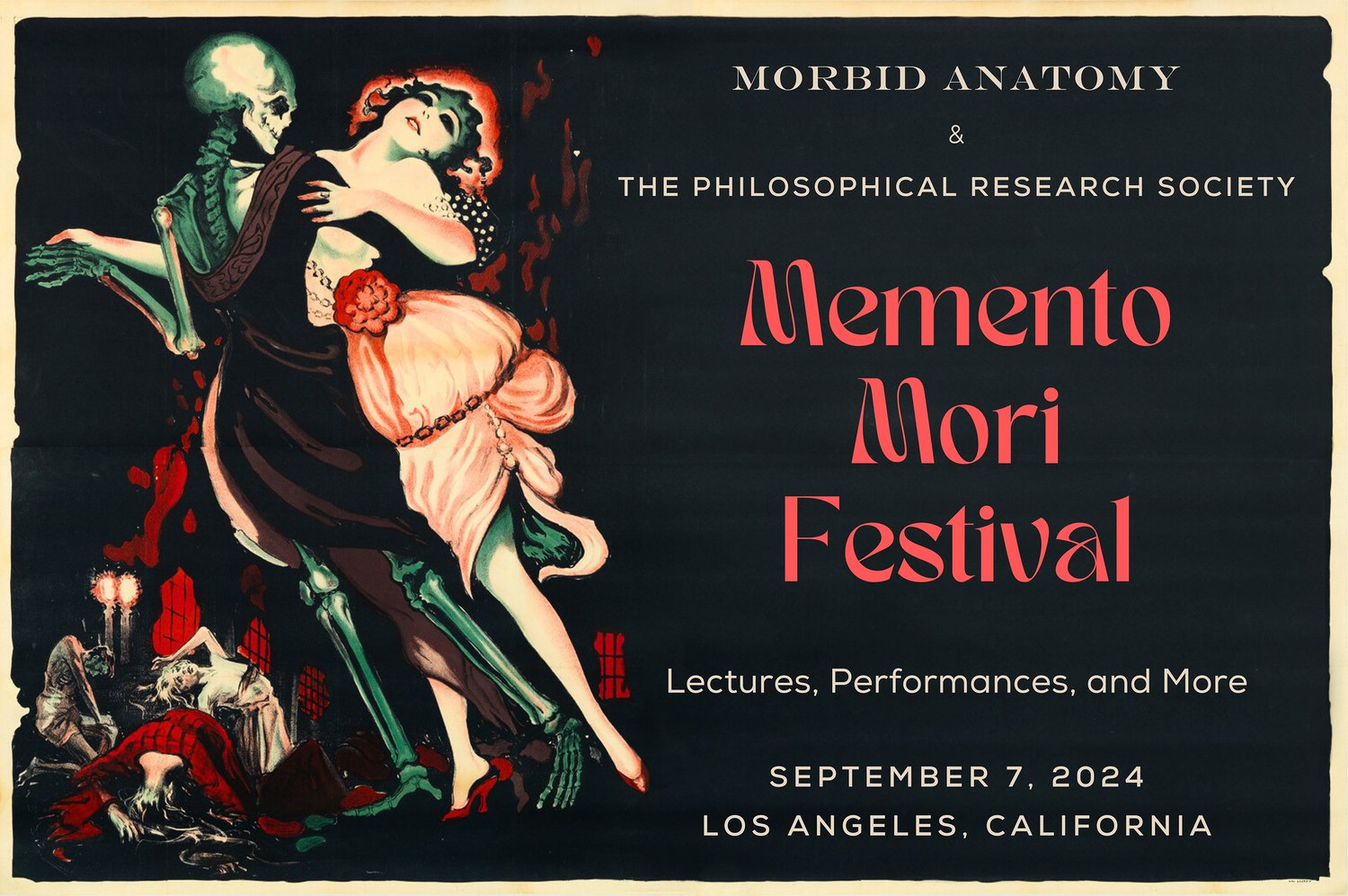
Earlier this month death curious people gathered in Los Angeles for the Memento Mori Festival—a two-day event honoring Founding Order member Joanna Ebenstein’s new book, Memento Mori: The Art of Contemplating Death to Live a Better Life. The day opened with a symposium full of talks from leading thinkers and writers on the topic including fellow Founding Order members Colin Dickey and Sarah Chavez, a death positive disco afterparty with a stunning magic lantern show, followed by a second full day full of exclusive experiences and tours at locations around the city like the Museum of Jurassic Technology, and Hollywood Forever Cemetery.
The event was profiled in Alta Journal, A New Lease On Death.
The Order published an exclusive excerpt from Ebenstein’s book, Memento Mori: Remember You Will Die, and the author will be a special guest at The Order’s Mortal Media Club in November, where she will discuss the art of contemplating death with members.
In partnership with The Pro Bono Project, Wake has created a simple two-page form, the Funeral and Disposition of Remains Directive, which allows Louisiana residents to assign responsibility of decisions about their body after death to a specific individual of their choosing. This form is fully enforceable under Louisiana law and only requires a notarized signature.
April 2024
In 2024 The Order was invited to consult with the Offices of New York Attorney General Letitia James, who became interested in the work of the Order and the Death Positive Movement at large. In a Zoom meeting attended and led by staff from the Attorney General’s thirteen regional offices, Executive Director, Sarah Chavez answered a variety of questions ranging from consumer rights and protections, the challenges of NY state’s unique regulations on expanding sustainable death care options, how updating the Federal Trade Commission’s Funeral Rule can afford greater protection for consumers, and the various challenges individuals may face when planning a funeral due to gender, racial, religious or socioeconomic issues. Based on this conversation and separate consultations with NY funeral directors, the Coroner’s Office, and the Green Burial Council, representatives stated that they found many concerns with respect to environmental, financial, and civil rights issues. Their conclusion is that the Office of the Attorney General has a crucial role to play in ensuring that grieving consumers are protected, and will be crafting advocacy and policy recommendations for the Attorney General.
Spring 2024
ASP is offering a first of its kind Residency Program that will allow individuals to learn about alternative forms of end-of-life care through first hand experiences. Residents will be able to visit and learn in-person from Seattle-based partner practitioners such as human composting facilities, hospices, green funeral homes, and many more, as well as participate in ASP’s own robust deathcare community and educational offerings.
Residents will be provided with lodging at Asphodel House, the country’s only no-cost space for people to die. Applications for the Residency are open through June 21, 2024.
The Order’s own Executive Director, Sarah Chavez, was honored to assist in ASP’s development of creating a program that serves as a bold step towards reshaping the narrative around what is possible in deathcare.
April 2024